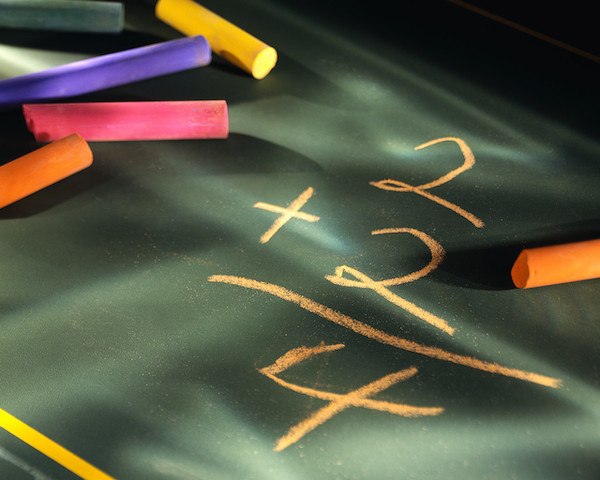 How can you tell if you really know your stuff for the exam?
How can you tell if you really know your stuff for the exam?
Well, you’ve got to test yourself, obviously. But how many of us do that on limited time we have, when we’d rather spend it actually getting the material into our heads in the first place?
On the other hand, you know it’s essential that your efforts pay off. Because no one has the time or energy to put effort into something that just goes nowhere. But while you already know that you keep forgetting the stuff you’ve already learned, in the absence of an alternative plan, you simply have to keep going and hope that enough of it sticks, to get that exam passed, and move on.
But what if there was an easier way? A much easier way? And what if this way meant that you’d remember what you’d learnt after the exam, so that you can actually make good use of it?
You know what I’m going to say, don’t you…
There is!
But you’ve got to do things a bit differently.
- You need to actively manipulate the information in your mind, in order for your brain to make sense of it. So you need to work with it. There are a variety of ways of doing this – making notes, for example. If you’re smart, you’ll be doing that the particular way your brain prefers to process information.
- Devise a test question for yourself that will have you check you still know the information in that set of notes you’ve made. Not an exam-type question, but simply a prompt for that chunk. And write it on the reverse side of the paper you’ve created your revision notes on.
- This means that when you test yourself, you can look at the question without seeing your notes first. A lot of people make that mistake and all they’re doing then is testing their short-term memory, because they’ve just seen the very thing they’re going to test.
- Once you’ve tested yourself, turn the paper over and check you remembered everything you intended to.
 Do this on a regular basis, and according to the Learning Cycle. When you do, all that effort you’ve made to get that information into your head will be worthwhile, because this process will make sure you keep it there.
Do this on a regular basis, and according to the Learning Cycle. When you do, all that effort you’ve made to get that information into your head will be worthwhile, because this process will make sure you keep it there.
By the way, recent research seems to indicate that it doesn’t even matter quite so much if your memory of that information is perfectly preserved or not, as long as you make the effort to remember it as best you can. Obviously, if you don’t remember any of it – you don’t know it, and you need to start again!
Every time that memory is retrieved, especially if you had to work hard to do so, it becomes connected to new sensations and contexts. And the more connected it is, the easier it’ll be to recall another time, for example in an exam, or when you want to impress your teacher, an examiner or your girlfriend!

